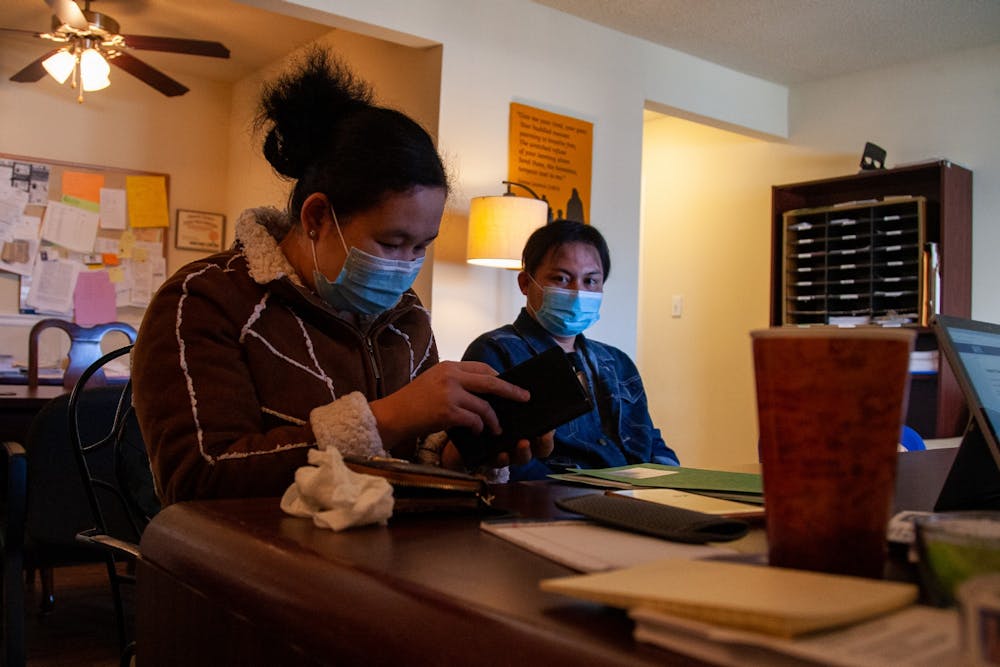CLARIFICATION: A previous version of this article incorrectly identified Paw Paw Wei's ethnic group. The story has been updated to reflect the appropriate ethnic group identification. The Daily Tar Heel apologizes for this error.
For the roughly 1,200 refugees in Orange County, the past year has been filled with unique challenges.
Refugees in Orange County come from all over the world, including Myanmar, Cameroon, the Democratic Republic of Congo, El Salvador, Haiti, Iran, Iraq, Laos, Russia and Syria. Existing language and technology barriers exacerbate difficulties these families face with tasks like helping children in online school and applying for unemployment.
Meagan Clawar, program manager for Refugee Community Partnership, said these barriers make it difficult for refugee parents to assist students with their work.
Parents are also often unable to communicate with their children’s teachers to bring up issues or questions.
“They worry that they're not learning English, that they're not being exposed to other cultural norms,” Flicka Bateman, director of the Refugee Support Center in Carrboro, said.
Paw Paw Wei, a Karen refugee and volunteer coordinator for Refugee Community Partnership, said for some families, even logging on to school can be a challenge. If their internet is slow or parents can’t help navigate the technology, some students have issues connecting to school or accessing resources.
Although online school has not been easy for refugee and immigrant communities, Wei said some families have mixed feelings about returning to in-person classes. Since their community as a whole is at high risk for contracting COVID-19, Wei said some parents are hesitant to send their children back to school.
Bateman said the transition to online school has forced some parents to stay home from work or adjust their hours to take care of their children — adding to an unemployment problem that refugee and immigrant families have been disproportionately affected by since the pandemic began.



